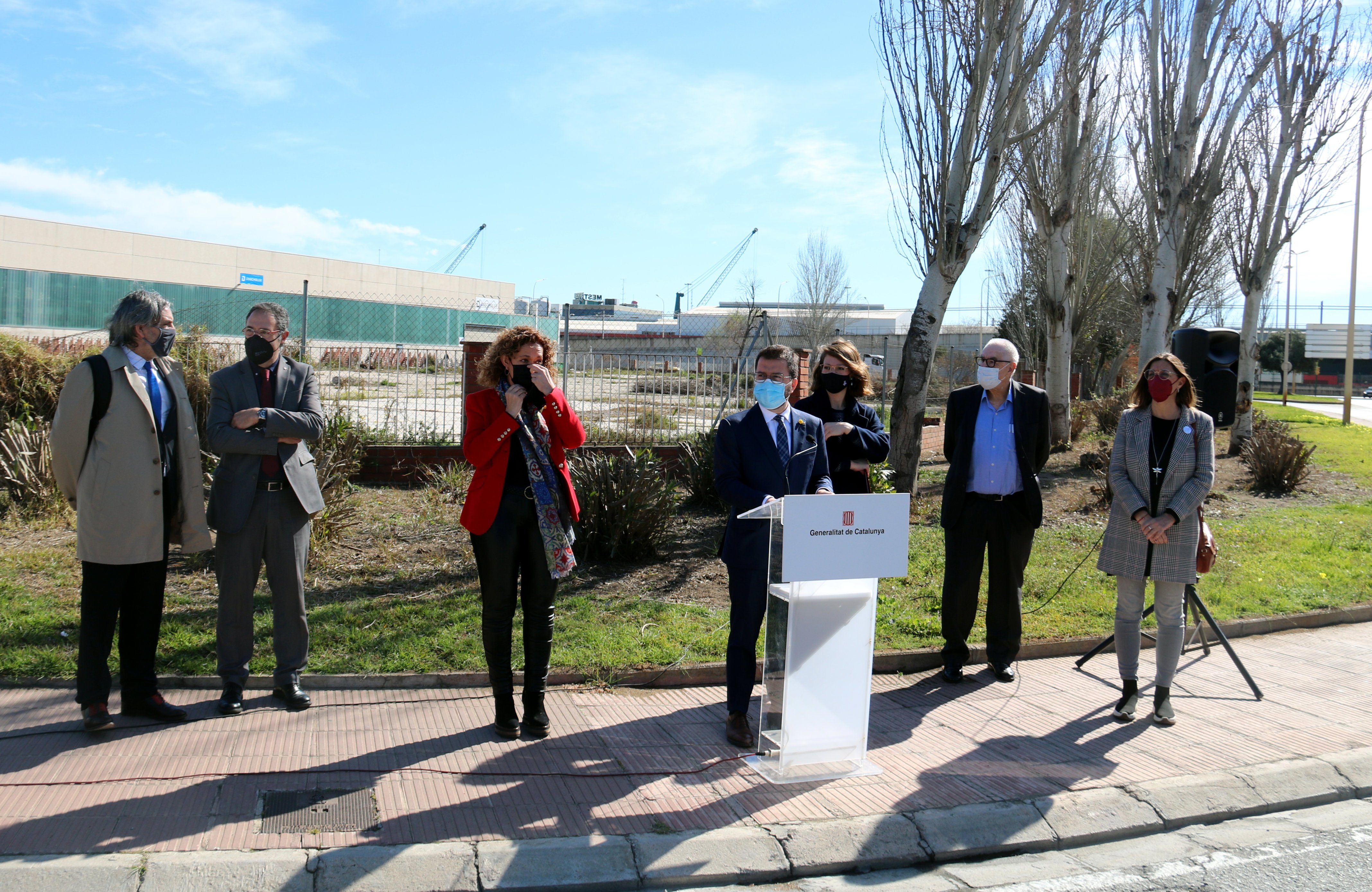The commitment by the Catalan Republican Left (ERC) to dialogue with the Spanish state to resolve the Catalan conflict is currently under pressure at two separate points. In Catalonia, due to the interim status of the government, with negotiations for the formation of a new executive continuing and with little immediate promise of coming to fruition. In Madrid, due to the political upheaval caused by the calling of elections in the Spanish capital, with collateral effects on the Pedro Sánchez government and the growing rumour of a possible early general election in Spain. In this uncertainty, Pere Aragonès has publicly called on all sides to resolve the scenarios that have opened "as soon as possible". ERC sources have shared with ElNacional.cat their impression that they are seeing a return to a situation of "fine words, unsupported by action".
For weeks now, in private conversations in Madrid, ERC members have been pressuring the PSOE and members of the Spanish government to fulfill some of the many commitments made with ERC in return for their support for, firstly, the investiture of Pedro Sánchez as PM, and then, the approval of the Spanish government budget. And those promises range from an end to the judicialization of the Catalan conflict to the repeal of the PP's labour reform and the so-called gag law.

The only meeting of the Catalonia-Spain dialogue table to have taken place was over a year ago.
No government, no dialogue table
The most talked-about of the pending commitments is the dialogue table between Spain and Catalonia which, during the recent Catalan election campaign, was the subject of a prime ministerial promise: to call it together quickly after polling day. The truth, however, is that it is assumed that until there is a new government in Catalonia, there will be no movement by the Sánchez executive. That is why Aragonès demands that the negotiating delegations of the pro-independence parties close an agreement as soon as possible.
The first investiture debate has to be held no later than March 26th, and several sources familiar with the state of the negotiations speak of a risk of not reaching a pact until after Easter.
Concern and skepticism
However, in ERC ranks, there have also been reactions of concern and skepticism at the words of Pedro Sánchez this morning in the Congress of Deputies, when he stated that he is waiting to "be able to launch the bilateral negotiating commission between the Catalan and Spanish governments" and to "channel" the conflict "through democratic and legal means".
A prominent ERC member shared with this newspaper their disgust that the Spanish PM deliberately avoided mentioning the specially-created dialogue table to refer only to the bilateral commission - the long-established forum where issues of competence are discussed. In this regard, ERC are convinced that the Madrid elections due on May 4th will be a hindrance to the resumption of negotiations with the state, because the Socialists will not be interested in making public displays of harmony with the independence movement if what they want is to pick up votes from the anti-independence party Ciudadanos.
This Thursday, Miquel Iceta, the former Catalan Socialist leader who is now the Spanish territorial minister, is to appear in the Congress of Deputies. ERC has told ElNacional.cat that they plan to put some hard questions to the Socialist politician on how he plans to resolve the Spain-Catalonia dispute.
In the main image, Aragonés during a press appearance this Wednesday in the Zona Franca. / ACN

